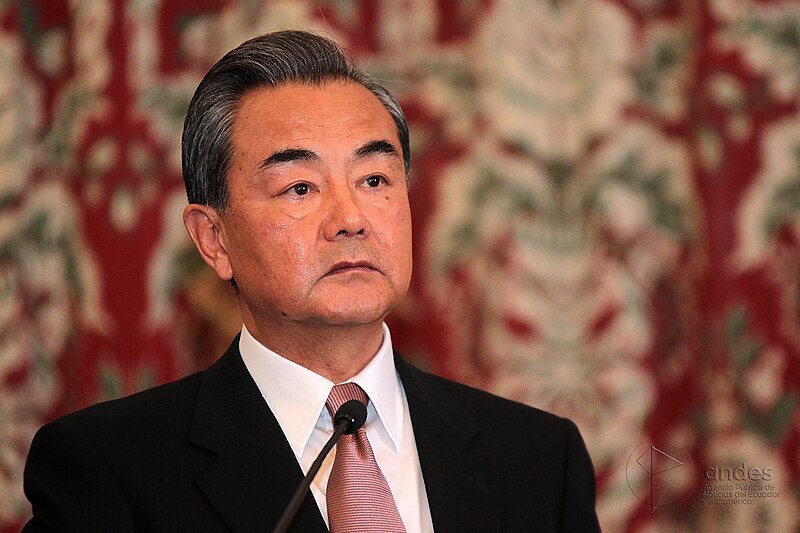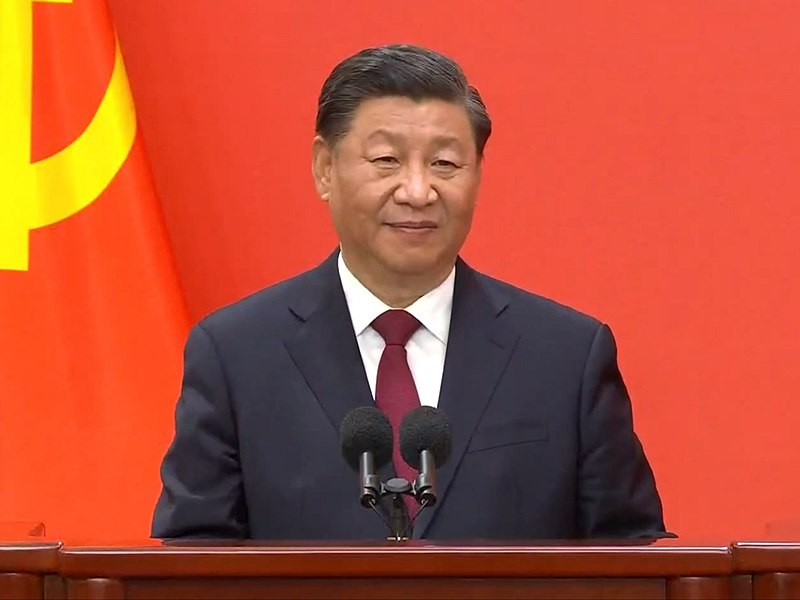
As companies worldwide prepare to announce their quarterly results, the ramifications of China's weakening economy are becoming a growing concern. Businesses, including Apple, major
chipmakers, and luxury retailers, may face challenges due to their exposure to the world's second-largest economy.
Wall Street is anticipating a significant decline in second-quarter US earnings, with profit margins likely to be impacted by US inflation and reduced consumer spending. Companies in both the US and Europe, with significant ties to China, could be adversely affected as China's post-COVID recovery loses momentum.
The lackluster economic figures from China have negatively impacted its stock market, with the Shanghai Composite Index showing a mere 2.6% gain in 2023, compared to the S&P 500's 18% increase.
The hesitation of the Chinese government to implement broad-based consumer-facing stimulus measures and the disappointing reopening after the COVID crisis is dampening market sentiment. This, in turn, is likely to spill over to European and US companies with significant exposure to China.
Early reports already reflect this spillover effect. Swiss engineering group ABB reported a 9% drop in orders from China in the second quarter, and Cartier-owner Richemont's quarterly sales in Asia were slightly lower than expected, leading to a somewhat tempered outlook for the year.
The rising youth unemployment rate in China, which reached a record 21% in June, may result in younger consumers favoring moderately-priced products and services, while opting to forego big-ticket purchases.
Tesla, despite selling a record 247,217 China-made vehicles in the second quarter, reported lower gross margins due to fierce price competition with Chinese rivals NIO and Xpeng.
Upcoming reports from NXP Semiconductors NV and Texas Instruments will serve as indicators of chip demand. China accounted for a significant portion of both companies' revenue last year, and analysts are predicting a drop in quarterly revenue for both.
Weakness in China that hampers US growth may limit stock-market gains, warns Credit Suisse Chief US Equity Strategist Jonathan Golub.
Companies like Corning Inc, which depends on China for 30% of its net sales, may report a drop in adjusted net income due to "anticipated recession-level demand."
Apple, heavily reliant on the Chinese market, saw a 2.9% dip in sales in its March quarter. Analysts expect its revenue to fall 1.7% to $81.6 billion for the June quarter, marking the lowest in two years.
Starbucks, on the other hand, reported better-than-expected quarterly results in May, attributed to the rebounding demand in China.
US companies operating in China also face uncertainty related to ongoing trade disputes between the US and China, particularly in the semiconductor industry, which has been impacted by restrictive rules imposed by the US in October.
The situation has prompted some companies to consider diversifying their manufacturing base or even "re-shoring" back to the US, which could potentially increase costs and weigh on gross margins. Photo by Jjipop, Wikimedia commons.


























